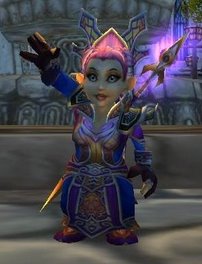That said, there was something about the book that struck me as just a little bit off, and I wasn't quite sure what to make of it. The novel is set in the Provence region in France in today's time. After visiting the cathedral in Aix-en-Provence, teenage Ned Marriner comes into contact with several people who are important figures in ancient history and legend. Throughout the novel, if he and his friend Kate need to find out something about history or myth, they rush straight to the Internet--Google is mentioned at least 20 times as their source of information. And everyone is always reaching for their cell phones; there's even a running joke throughout the novel regarding ringtones.
Kay's use of today's technology in his novel really makes for a stark juxtaposition between the present and the past, sometimes to great effect. But at the same time, I can't help wondering if his reliance on this technology--technology that probably won't be cutting-edge in 10 months, let alone 10 years--will ultimately undermine his efforts to highlight the relationship between the real present and the fantastic past. In 20 years, will anyone remember what the verb "googling" means? Will cell phones be a thing of the past, since everyone has chips implanted in their brains? I don't mean this to be a post predicting radical changes in our lives in 20 years, but I do think that technology is changing and developing at such a rapid rate that the technology we use today will be outdated in 5 years, not to mention 20.
And so, while Kay's invocation of cell phones and Google is a great shorthand for those reading the novel in 2007, I think that in 20 or 30 years, the novel won't be as powerful, since these bits of technology will no longer be able to bring to mind the cutting edge of the present. The novel will still be interesting and well-written, but the contrast between past and present won't be as dramatic. And so the novel will lose some of its force.
I think Potter fans have less to worry about than fans of Kay's novel Ysabel. As many people have noted, warfare has changed drastically in the 21st century, and terrorism seems to be the new face of war. And no one is going to forget the events of September 11, 2001 for many years. Even when Google is long gone, this date in history will still be remembered at least in history books.

No comments:
Post a Comment